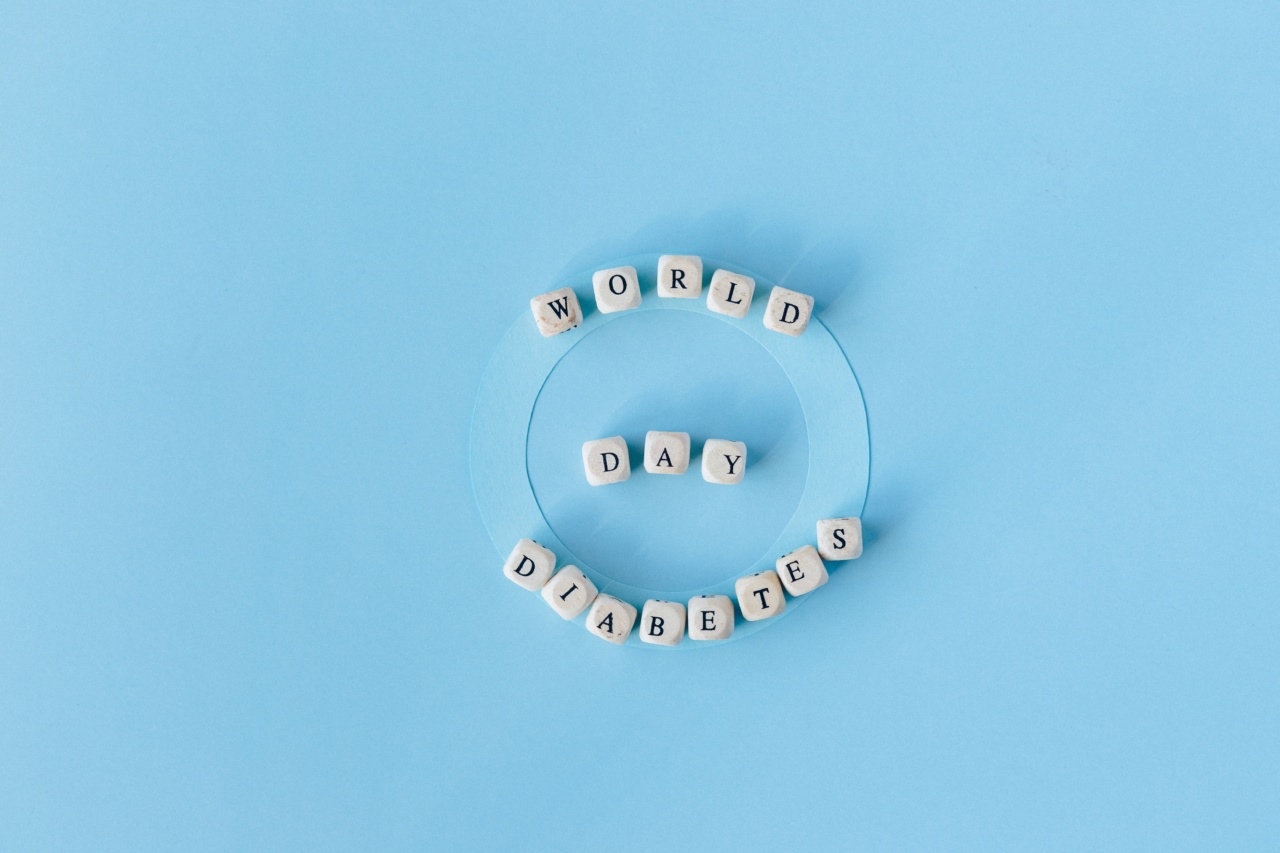Controlling blood sugar levels is crucial for individuals with diabetes or pre-diabetes, as it helps prevent complications and maintains overall health.
Many factors can impact blood sugar levels, including diet, exercise, medication, and even stress levels. One popular question that often arises is whether drinking water with meals can help control blood sugar levels. In this article, we will explore the relationship between water intake during meals and blood sugar regulation.
The link between water and blood sugar
To understand the potential impact of drinking water with meals on blood sugar levels, it is essential to grasp how our bodies process food and fluids.
When we consume carbohydrates, our digestive system breaks them down into glucose, which enters the bloodstream. This causes blood sugar levels to rise.
Drinking water along with a meal can potentially have several effects on blood sugar levels:.
1. Increased hydration
Proper hydration is vital for overall health and well-being. Drinking water during meals helps maintain adequate hydration levels, ensuring optimal bodily functions, including blood sugar regulation.
When the body is hydrated, it can efficiently carry glucose to cells for energy conversion.
2. Slower digestion and absorption
Drinking water or other non-caloric fluids during a meal can slow down digestion and the absorption of glucose into the bloodstream.
This can help prevent spikes in blood sugar levels after eating, as the body has more time to process the carbohydrates consumed.
3. Increased satiety
Water has no calories, yet it provides a feeling of fullness. By drinking water with meals, individuals may experience increased satiety and potentially eat less.
This can be beneficial in managing blood sugar levels, as smaller portions may lead to lower glucose spikes after meals.
4. Potential impact on portion control
Drinking water with meals may also influence portion control. Often, individuals may mistake thirst for hunger and consume unnecessary calories.
By ensuring adequate hydration during meals, individuals may be less likely to overeat, which can positively impact blood sugar management.
Considerations for individuals with diabetes
While drinking water with meals may offer benefits for blood sugar control, individuals with diabetes should consider a few additional factors.
1. Timing of medication
People with diabetes often take medication or insulin to manage their blood sugar levels. It is important to consult with a healthcare professional regarding the timing of medication and water intake with meals.
Some medications may require adjustment to properly align with fluid intake.
2. Individual response
Every individual responds differently to various dietary adjustments. While drinking water with meals may be beneficial for some individuals, others may not experience significant changes in blood sugar levels.
Monitoring blood sugar levels before and after meals can help determine personal responses to different interventions.
3. Overall diet and lifestyle
The impact of drinking water with meals on blood sugar control should be considered within the context of an individual’s overall diet and lifestyle.
Maintaining a well-balanced, nutritious diet, along with regular physical activity, is critical for blood sugar regulation. Drinking water alone cannot compensate for an unhealthy diet or lack of exercise.
Conclusion
Drinking water with meals may have potential benefits for blood sugar control. Increased hydration, slower digestion and absorption, increased satiety, and potential impact on portion control all contribute to its possible positive effects.
However, individual responses may vary, and it is important to consider other factors such as medication timing, overall diet, and lifestyle. Consulting with a healthcare professional can provide personalized guidance and ensure optimal blood sugar management.





























